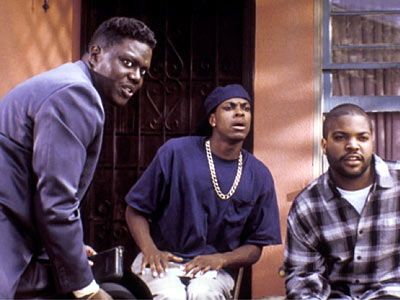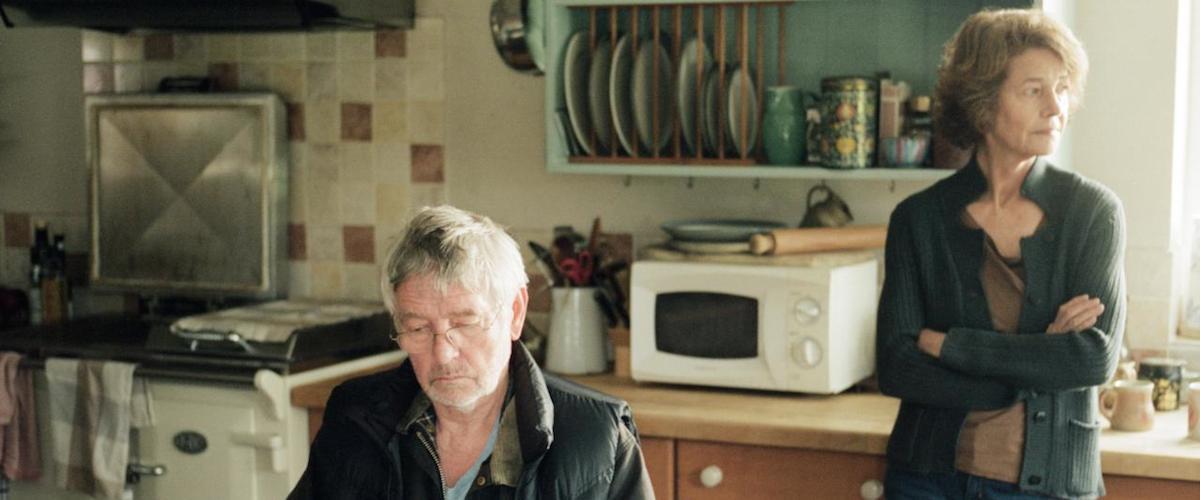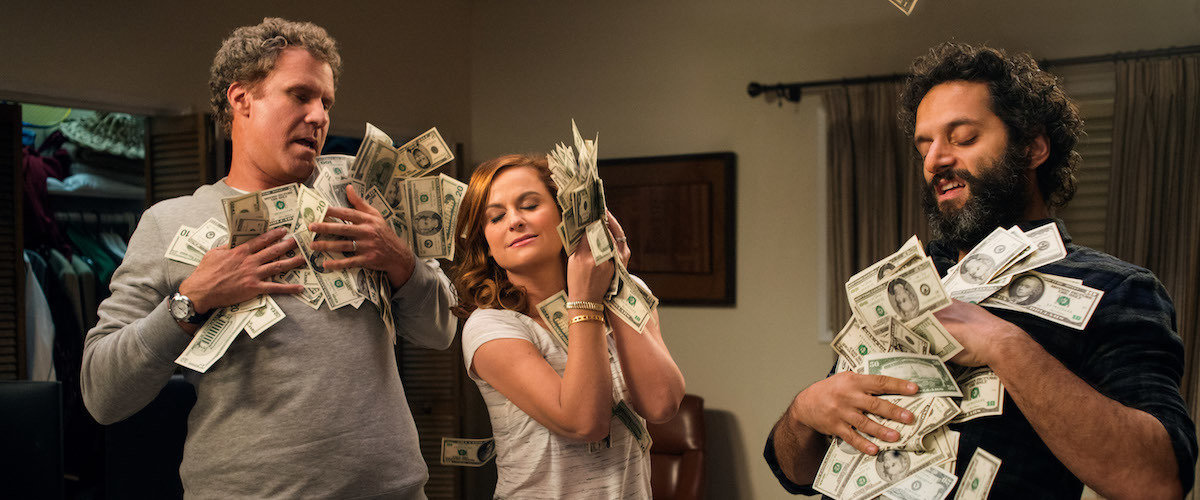
Directed by: Tom Ford
Starring: Amy Adams, Jake Gyllenhaal, Armie Hammer, Michael Shannon, Aaron Taylor-Johnson, Isla Fisher, Ellie Bamber, Karl Glusman, Laura Linney, Michael Sheen
Tom Ford's Nocturnal Animals is stylish and mysterious, with its characters' emotions tightly bottled up. It tells two stories, one real and one fictional, but the symbolic parallels between the two stories grow more evident to us until the sad final frame, when all is made clear. We understand what the fictional story was about and how much it impacts what happens in reality. Ford directed the sad, haunting A Single Man (2009), in which Colin Firth played a closeted gay man who loses his lover of many years and now has to face the world without him. Like Nocturnal Animals, Ford chooses to express his characters' pain against the backdrop of sleek homes which don't really seem lived in and an almost fetishistic eye for style.
The images over which the opening credits run are unlike any I've ever seen. They are disturbing shots of naked obese women dancing as if they were auditioning to be strippers. Their faces are fuzzy, but they seem to be enjoying themselves. This is not a gratuitous opening sequence done for shock value. It instead is an art exhibition opening at a gallery run by Susan Morrow (Adams), who seems to have lost her appetite for such shows. Susan can barely hide her disgust for what she calls "junk", even though the public congratulates her on another successful opening. Susan lives in a multi-million dollar glass house (seemingly in California) with a wealthy, distant husband (Hammer), who is rarely home because he has to fly back and forth to New York to "close a deal." We learn the Morrows are living beyond their means and their marital woes are more desperate than we first realize.
A manuscript arrives in the mail from Susan's ex-husband Edward (Gyllenhaal), who dedicates his book titled "Nocturnal Animals" to her. Susan suffers a paper cut trying to open the package, which is not a foreshadowing of pleasant things to come. The manuscript which rivets Susan from the outset is the fictional story of a family man named Tony (also played by Gyllenhaal) traveling late at night with his wife and daughter on an unlighted, empty West Texas highway. No later than Tony muses how much he loves West Texas because there are no people, he encounters a car driven by psychotic Ray (Taylor-Johnson) which runs them off the road, terrorizes the family, and then kidnaps Tony's wife and daughter in one car while forcing Tony to follow them in another. Tony is ditched in the desert and the next day, with the help of police lieutenant Bobby Andes, the naked bodies of Tony's wife and daughter are discovered in the middle of the West Texas desert. The images haunt Susan, forcing her to put the manuscript down numerous times.
Susan reflects on her past with Edward. We see how they meet, fall in love, and marry over the objections of Susan's rich mother (Linney), who tells Susan, "All of the things you love about him now are the things you are going to hate in a few years," Susan learns this is correct, and coldly moves on from Edward while he is struggling as a writer. She wants financial security and a career trajectory more than Edward, which is practical, although not so much to the person whose heart she breaks. But such decisions take their toll on Susan in the present and it shows in every fiber of her being.
We know the Tony story is fictional, but we are immersed in it anyway. We don't guess the immediate connections to Susan's past or even Edward's, until they powerfully hit us. The fictional story of Nocturnal Animals has much relevance to the reality of Susan and Edward. Ford doesn't bash us over the head with these parallels, instead he subtly, yet straightforwardly allows us to discover them. The performances in Nocturnal Animals are memorable, especially Adams whose eyes and body language betray the pain of poor, selfish decisions which felt right at the time. Gyllenhaal plays both Edward and Tony, both men (one real, one fictional) are like the other, but in some ways are not. Shannon received an Oscar nomination for his work here. Because it is Shannon playing Andes, we know there is some madness on the fringes of the character, but here he is a lawman who wants to see justice done for Tony, even if it means bending the law or outright trashing one's civil rights. He is the most sympathetic to Tony's plight and may be the only character whose cards are all out on the table. I can't say I was ever bored watching Michael Shannon on screen.
Without revealing spoilers, it can be said that both the real and fictional story ends unhappily for its main characters, but isn't that the way it should be? Ford's theme is how decisions of the past pile up to create the misery of the present and perhaps the future. We know that, no matter how much we care about Susan and Tony, they get the endings to their respective stories that they more or less deserve.













